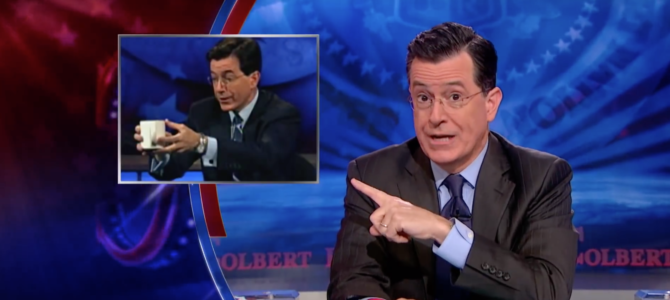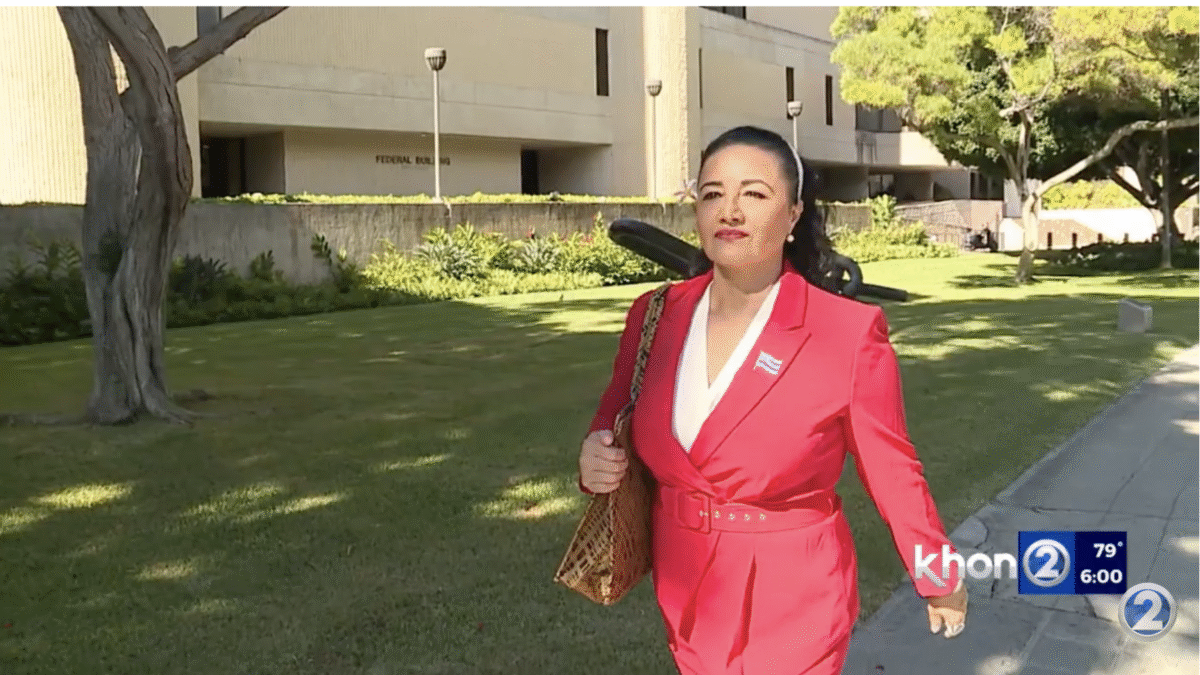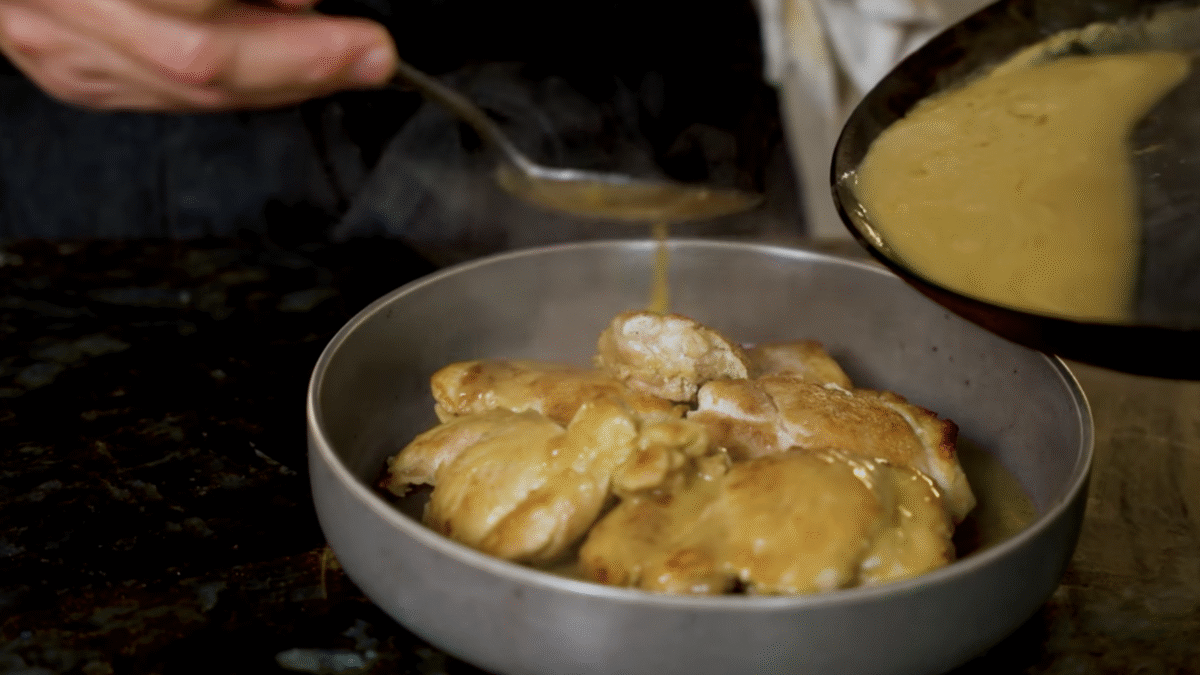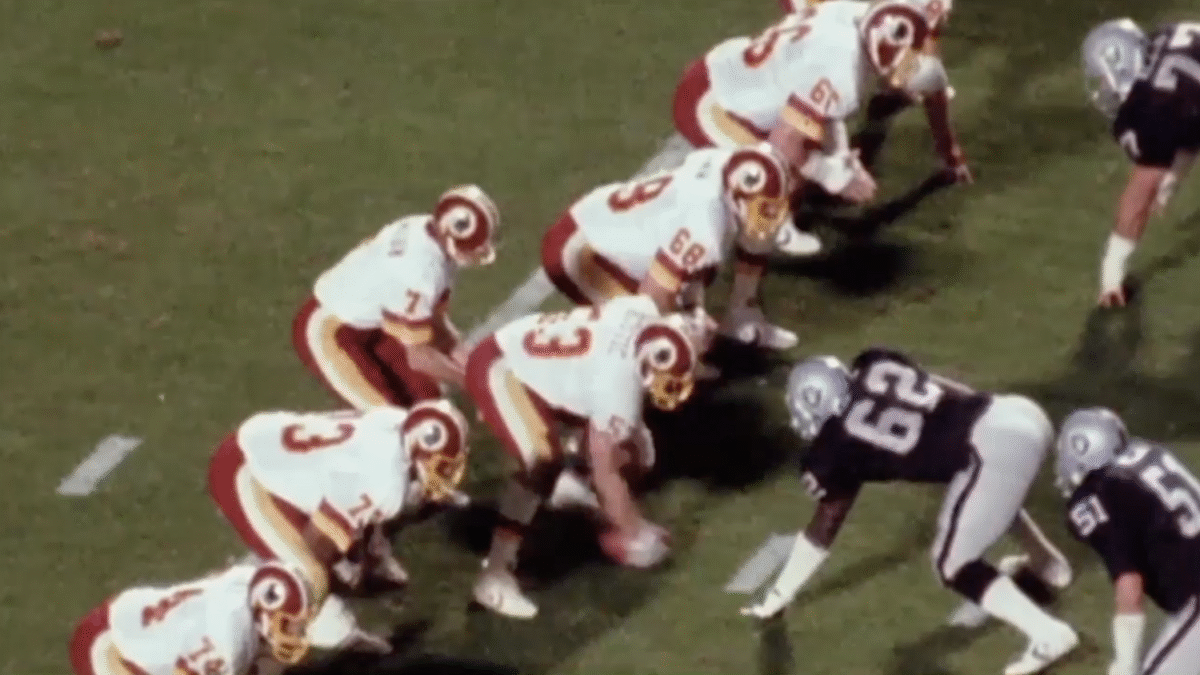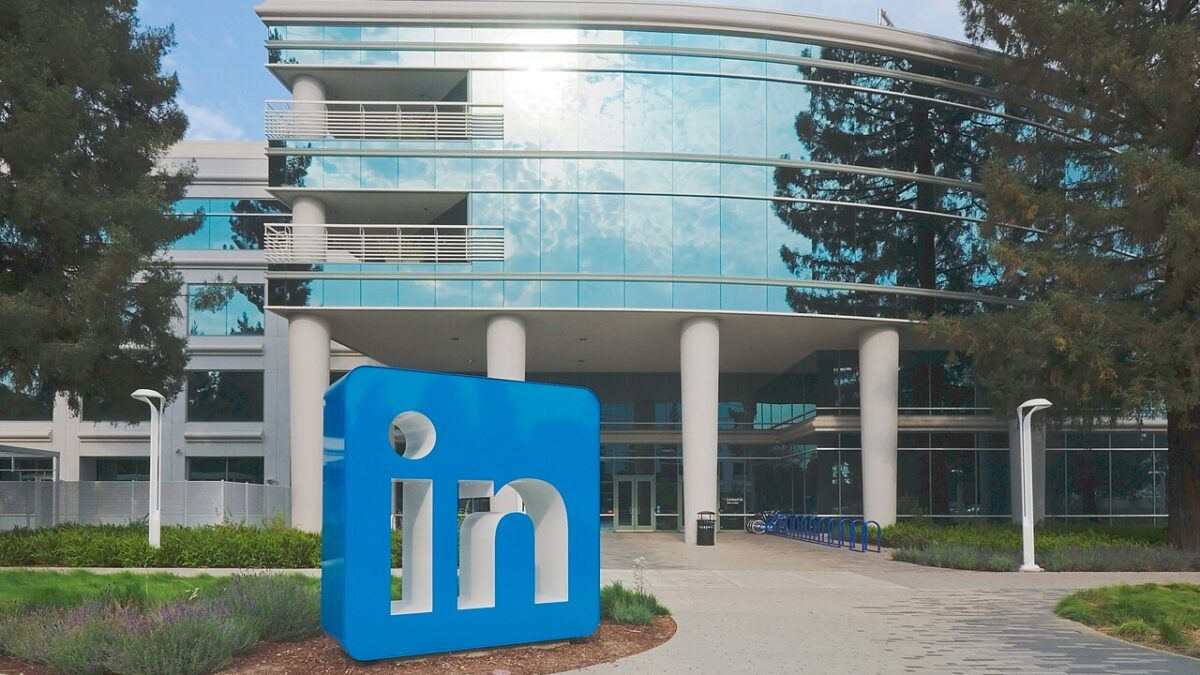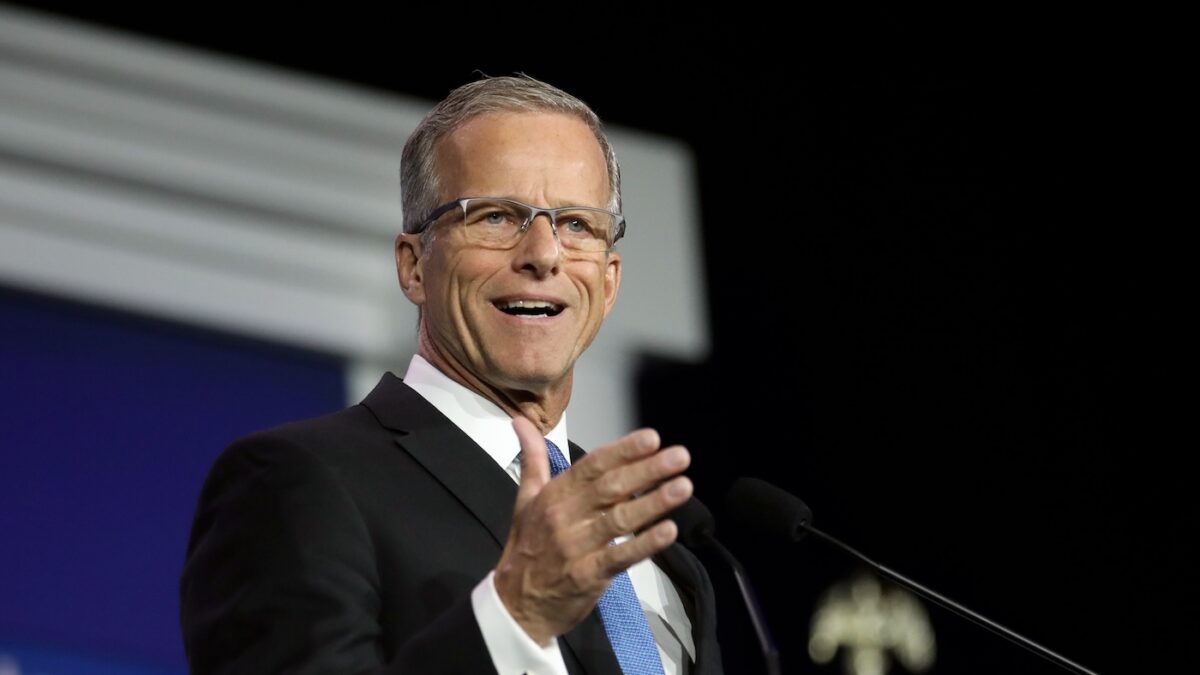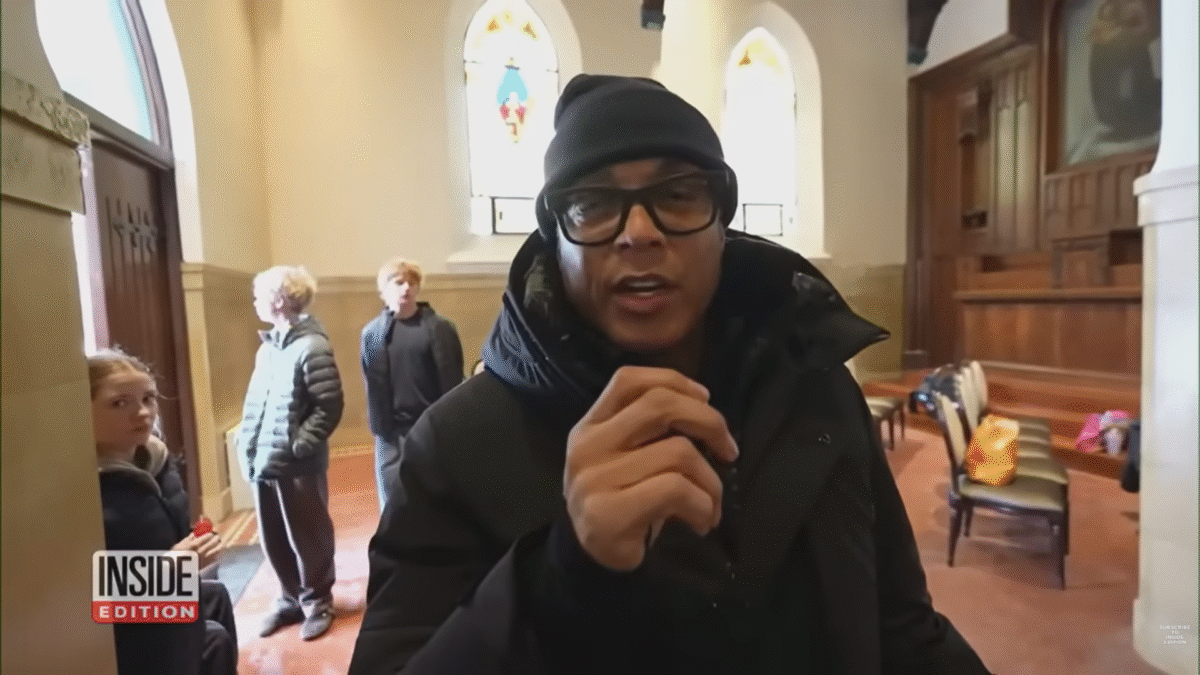“Chinese virus,” according to Stephen Colbert, “is a very racist term.” Used by President Trump in reference to COVID-19, it’s a “dog whistle,” says the “Late Show” host. The virus, of course, originated in China, and its communist leaders are working hard to spread misinformation that achieves the same dissociation Colbert is defending. But there’s more.
While he’s lecturing the country on anti-Asian racism, let us not forget Colbert’s frequent habit of exploiting Asian stereotypes for laughs back on basic cable. “The Colbert Report” was a gem. The host’s cartoonish stereotype of a conservative news personality made for great satire. There, Colbert used some pretty crude stereotypes to mock Asians in character—and the satire didn’t always land.
“Ching-Chong Ding-Dong,” a recurring character played by Colbert’s recurring character, is the most obvious example. In a clip replayed over and over again on the show for years, Colbert accepts a mug from an aid, and says, “I ruv tea, it’s so good for you! You so pretty American girl, you come here, you kiss my tea, make all sweet. I no need no sugar when you around. Come on my rickshaw, I give you ride to Bangkok!”
Ching-Chong Ding-Dong made many more appearances over the course of “The Colbert Report.”
Here’s Colbert standing up for Rosie O’Donnell after she used a similar accent on “The View,” defending her from the “Peking PC police” and “changstapo.”
In a 2011 segment with Frank Luntz, Colbert played Ching-Chong Ding-Dong again. “Frank, I’m not responsible for anything my character says,” he joked.
The bit kicked up a memorable controversy in 2014, when the show’s Twitter account sent a post in its host’s voice, saying, “I am willing to show #Asian community I care by introducing the Ching-Chong Ding-Dong Foundation for Sensitivity to Orientals or Whatever.” #CancelColbert trended and Comedy Central deleted the tweet. Here’s his response.
But Colbert’s reliance on Asian stereotypes didn’t stop with Ching-Chong Ding-Dong. For instance, here’s a segment in which he quips that “Asians are just Kung Fu Mexicans.”
Here’s one where he compliments the Vietnamese workers who fixed his garage for hanging from vines instead of using scaffolding.
This 2007 segment was named “Apocalypse Mao: Murdered by the Orient’s Success.”
This 2012 segment is full of jokes about Chinese people and culture, but centers on the country’s consumption of cat meat. “Cat stew is a delicacy, which means if you find it disgusting, you are racists,” Colbert deadpanned. The bit is particularly amusing now as critics of China’s wet markets, possibly the origin of the virus, face accusations of insensitivity.
Colbert ended that segment by debuting his own product, “Colonel Tuxedo’s Happy Joy Power Cat with Eating.” Wrapping up the block, Colbert said, “It’s hard to believe that’s all the time we have for this special Un-American News: Chinese Edition. Or it could have been the Korean edition. I get them confused.”
As a meta tongue-in-cheek defense of Ching-Chong Ding-Dong, Colbert once joked, “I think we all understand the difference between me and a character I’m doing, so let’s move on.” He made that case again in 2014 amid the #CancelColbert backlash.
Fair enough. It’s clever. But while Colbert lectures the country on the racism of a perfectly factual descriptor that’s being used to combat communist China’s legitimately dangerous misinformation campaign, he’s the one who spent years cracking fortune cookie jokes and doing bad Asian accents on television.
